Mustard is a member of a growing family called Brasika and has small round seeds with edible and tasty leaves. Its English name comes from Latin and means "heartburn wine ". It is associated with the popular use of mustard, namely in the form of mustard obtained after processing the mustard seeds. French practice of making mustard consists if adding unfermented juice of crushed grapes for spicy mustard seeds.
Originally, mustard was considered a medicinal plant, but not for cooking. In the 6th century BC, the Greek scientist Pythagoras used mustard as a remedy for scorpion stings. One hundred years later, Hippocrates used mustard in various medicines and ointments to treat toothache and many other diseases. Mustard is one of the oldest and most widely used spices worldwide. The Chinese know it for thousands of years, and the Greeks used it regularly.
Prepared mustard dates back thousands of years, during the early Romans, who used crushed seeds of mustard and mixed them with wine to obtain a homogeneous paste.
The mustard seed was an important starting point for pilgrims of the Christian faith, seeming like something small and insignificant, but when planted, growing strong and powerful. Pope John XXII was so fond of mustard that he creates a new position in the Vatican, namely Grand moutardier Du pape (someone who makes mustard Pope). Similarly in 1866, Jeremiah Colman, founder of Mustard Coleman in England, was appointed as the man who makes mustard for Queen Victoria.
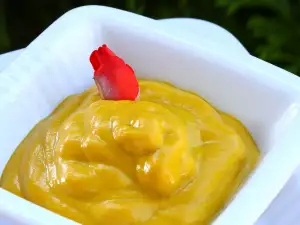
Composition of Mustard
Mustard is very rich in glycosides /myrosine, mainly sinigrin/ and essential oil, fatty oil, proteins and derivatives of phenyl propane. Mustard seed contains mucilage, proteins. Essential mustard oil consists mainly of allylisothiocyanate.
Types of mustard
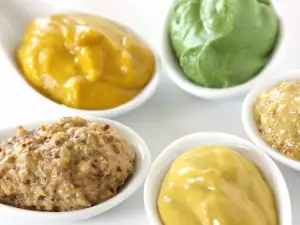
The plant exists in three versions - black, white and brown. Brown is from the homeland of India, the white probably comes from Southern Europe, and the black came from West Asia. Mustard plants are very similar in appearance - an annual herbaceous plant with branched stems. Seeds of the three types of mustard are also similar in taste, but incorporate different essential oils. Black mustard seeds contain 3.5% essential oil, white mustard oil has no scent, but is very hot. The white mustard is the best mustard for preparing.
Selection and storage of mustard seeds
Mustard seeds: Most markets offer mustard seeds in various forms, including whole and powder. Mustard powder is a mixture of brown and white mustard seeds mixed with turmeric or saffron for adding flavor and color. There are a number of special dry mustards, such as chili mustard powder, mustard with peppercorns, mint or chive.
Storage of whole mustard seeds should be in an airtight containers in a cool, dry place for up to one year, respectively, and mustard powder - up to six months.
Mustard oil: Strong spicy mustard oil is obtained by pressing the mustard seeds. It is available in Indian and Oriental stores. There is a nice golden color and it is very fragrant. Mustard oil should be stored in the refrigerator as it goes rancid easily.
Prepared mustard: Being prepared with an acid component and salt, mustard, which was purchased from a store, is hard to ruin. However, it will lose its good taste and spiciness with time, even if unopened. Unopened mustard can be used within one year, but it is best to refrigerate. Open mustard lasts only one month at room temperature, it is also necessary to refrigerate it.
Many stores, especially eastern ones, offer green or brown mustard leaves and can be cooked like spinach or simply eaten raw. The scent of the green leaves is reminiscent to prepared mustard.
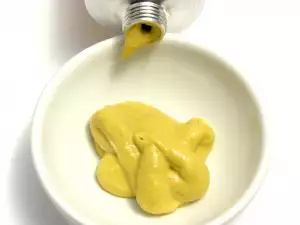
Culinary use of mustard
According to Ayurveda, mustard has a bitter and spicy taste, which is why it balances Kapha and Vata, but Pitta is overloaded because it is a heating spice. Pop in melted and cear butter or oil, put in the mustard lentils and other spices. This reduces gases and aids digestion. It combines successfully with spices such as ginger, turmeric, chilies and coriander.
Furthermore, besides the seeds, the leaves of the plant are used in cooking too. They are part of a traditional menu of eastern and northern India, especially in the winter months because they have a strong warming effect. From the leaves, mustard oil is extracted, traditional for cooking in different parts of India.
Benefits of Mustard
Mustard not only stimulates the appetite by increasing salivation by up to eight times, but it also has digestiver, laxative, antiseptic and stimulating circulation properties.
As a digestive remedy, mustard neutralizes toxins and prevents upset stomachs. However, excessive intake of mustard can cause an upset stomach.
Mustard also contains sulfur, which is used to treat skin diseases. Mustard ointments can be applied to the chest to help clear the sinuses and relieve the lungs.
Mustard stimulates the heart and eliminates toxins in the body. When mixed with wine, it can be used as an antidote for snake bites and mushroom poisoning. Mustard compresses relieve pain in gout and sciatica, as well as pain in joints and muscles. Use to make hot foot baths for colds, where the oil helps rheumatism. Mustard is highly antiseptic - to the extent that ancient doctors washed their hands with mustard before operations. Mustard is good for sore throat, cough, abdominal pain and bile.
Damage from mustard seed
The leaves are not recommended for people with thyroid problems, as the mustard essential oil can cause an increase in your size and can cause burns. The use of mustard is not recommended for people suffering from gastrointestinal ulceration or inflammatory kidney diseases.
Traditional medicine with mustard
A few drops of mustard added to a foot bath helps to cure athlete's foot. A gargle with a decoction of Arcol and mustard helps toothache. In the form of poultice, it is used for colds, pneumonia, rheumatism, neuralgia and stabbing.
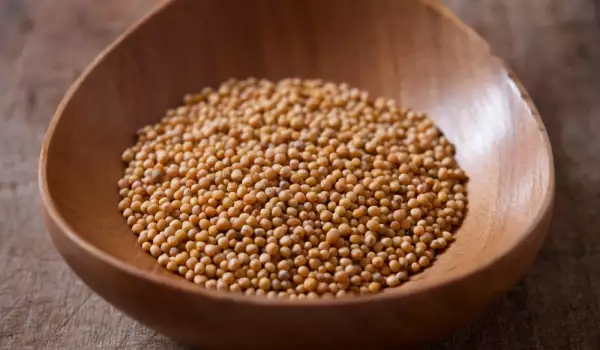
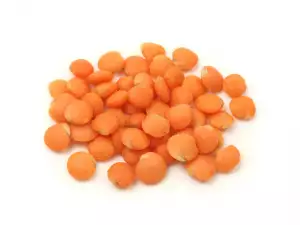
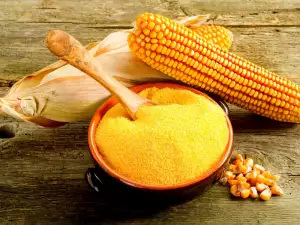
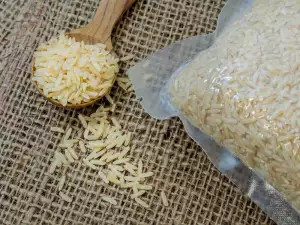
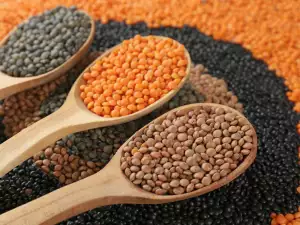
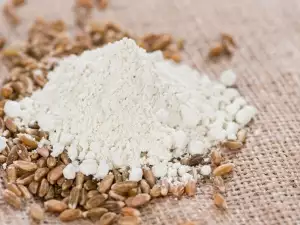
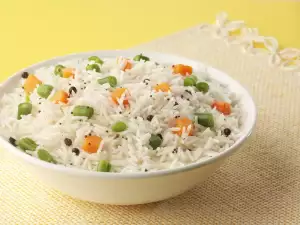
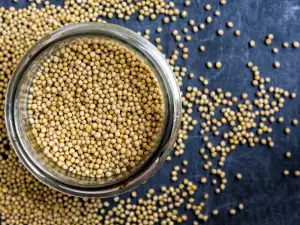
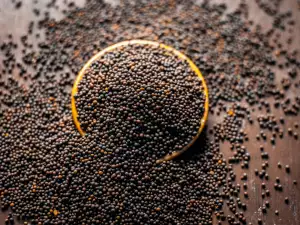
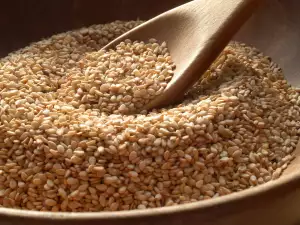
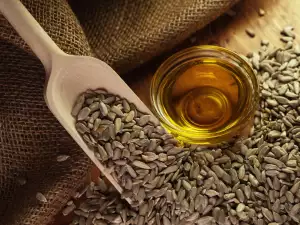
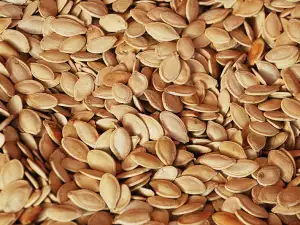
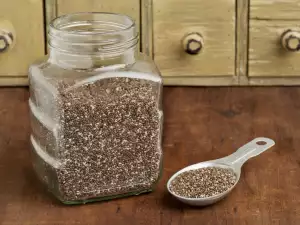
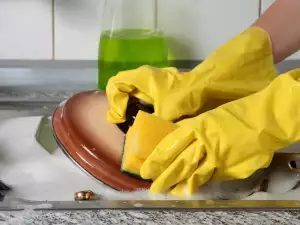




Comments